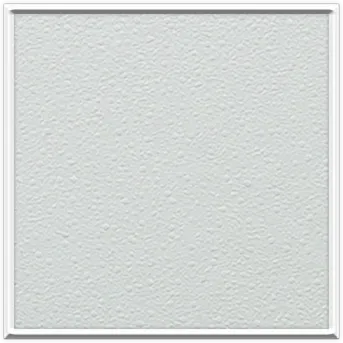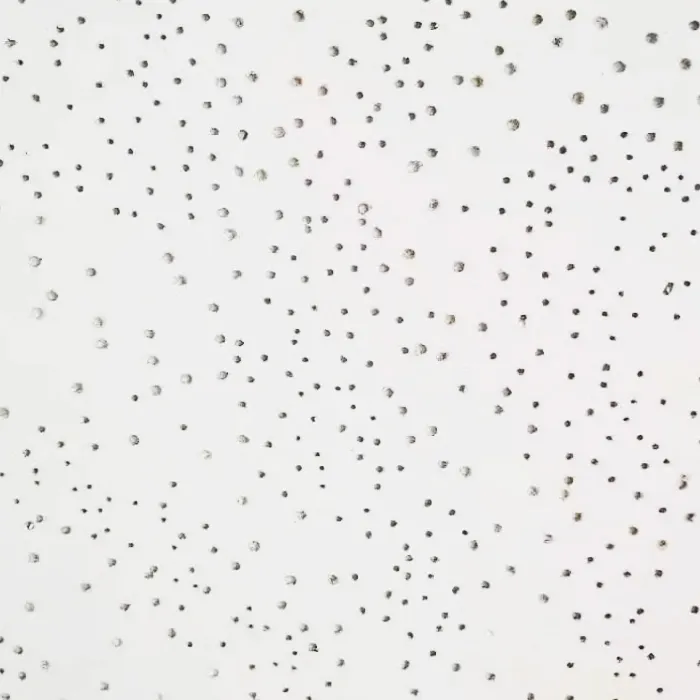- Afrikaans
- Albanian
- Amharic
- Arabic
- Armenian
- Azerbaijani
- Basque
- Belarusian
- Bengali
- Bosnian
- Bulgarian
- Catalan
- Cebuano
- Corsican
- Croatian
- Czech
- Danish
- Dutch
- English
- Esperanto
- Estonian
- French
- German
- Greek
- Hindi
- Indonesian
- irish
- Italian
- Japanese
- Korean
- Lao
- Malay
- Myanmar
- Norwegian
- Norwegian
- Polish
- Portuguese
- Romanian
- Russian
- Serbian
- Spanish
- Swedish
- Thai
- Turkish
- Ukrainian
- Uzbek
- Vietnamese
get a quote
জানু. . 09, 2025 13:57 Back to list
mineral fiber board
Navigating the multifaceted landscape of construction materials, mineral fiber board stands out as a versatile and durable choice, particularly favored for its acoustic and thermal insulation properties. This type of board is crafted by intertwining mineral fibers, primarily found in materials like basalt, to create a dense, sturdy, and resilient panel. Such fiber boards are often integrated into ceilings and walls, optimizing building acoustics while enhancing structural insulation—an indispensable asset for both residential and commercial buildings.
Professional craftsmen advocate for mineral fiber boards as they allow for straightforward installation processes. Their lightweight nature and compatibility with various fastening systems reduce construction time and costs. Additionally, these boards come in a broad array of textures and finishes, granting designers ample flexibility to meet aesthetic requirements without compromising functionality. Despite their many strengths, mineral fiber boards are not without considerations. The manufacturing process involves mineral wool fibers, which may raise concerns regarding air quality during installation. However, advancements in protective coatings and treatments have significantly mitigated these issues. When properly installed and maintained, the associated risks are minimal. It's crucial to engage with certified installers who can execute projects while adhering to health and safety guidelines, ensuring a safe and efficient environment. Industry experts acknowledge mineral fiber boards as a robust option imbued with numerous benefits, yet the selection process should involve careful consideration of project-specific needs. A thorough understanding of a project's acoustic and insulation demands, alongside an evaluation of environmental conditions, is essential when opting for these boards. Consulting with experienced professionals and suppliers can guarantee the optimal selection, that aligns both with performance expectations and budgetary constraints. As the construction industry evolves towards sustainable, efficient building solutions, mineral fiber boards continue to gain recognition for their versatile applications. Whether for soundproofing, thermal insulation, or contributing to sustainability goals, they provide an effective, reliable material that meets contemporary construction needs. Thus, as energy efficiency and environmental consciousness increasingly influence building practices, mineral fiber boards may very well reshape industry standards.


Professional craftsmen advocate for mineral fiber boards as they allow for straightforward installation processes. Their lightweight nature and compatibility with various fastening systems reduce construction time and costs. Additionally, these boards come in a broad array of textures and finishes, granting designers ample flexibility to meet aesthetic requirements without compromising functionality. Despite their many strengths, mineral fiber boards are not without considerations. The manufacturing process involves mineral wool fibers, which may raise concerns regarding air quality during installation. However, advancements in protective coatings and treatments have significantly mitigated these issues. When properly installed and maintained, the associated risks are minimal. It's crucial to engage with certified installers who can execute projects while adhering to health and safety guidelines, ensuring a safe and efficient environment. Industry experts acknowledge mineral fiber boards as a robust option imbued with numerous benefits, yet the selection process should involve careful consideration of project-specific needs. A thorough understanding of a project's acoustic and insulation demands, alongside an evaluation of environmental conditions, is essential when opting for these boards. Consulting with experienced professionals and suppliers can guarantee the optimal selection, that aligns both with performance expectations and budgetary constraints. As the construction industry evolves towards sustainable, efficient building solutions, mineral fiber boards continue to gain recognition for their versatile applications. Whether for soundproofing, thermal insulation, or contributing to sustainability goals, they provide an effective, reliable material that meets contemporary construction needs. Thus, as energy efficiency and environmental consciousness increasingly influence building practices, mineral fiber boards may very well reshape industry standards.
Latest news
-
Transform Interiors with PVC Gypsum Ceiling: A Stylish, Durable, and Moisture-Resistant SolutionNewsMay.19,2025
-
The Smart Interior Upgrade: Discover the Durability and Versatility of Gypsum Ceiling Access Panel SolutionsNewsMay.19,2025
-
The Smart Choice for Interior Design: Discover the Value of PVC Gypsum Ceiling SolutionsNewsMay.19,2025
-
Mineral Fiber Ceiling Tiles: The Smart Blend of Performance and AestheticsNewsMay.19,2025
-
Mineral Fiber Ceiling Tiles: The Superior Choice Over Gypsum for Sound and Fire SafetyNewsMay.19,2025
-
Mineral Fiber Ceiling Tiles: Eco-Friendly Strength and Style for Every CeilingNewsMay.19,2025







